Exploring Political and Cultural Shifts: An Interview with Congressman Keith Self
In a recent interview on "Redacted," hosts discussed various political, economic, and cultural issues with Congressman Keith Self. The conversation covered a spectrum of controversial topics, reflecting perspectives on global geopolitics, media narratives, domestic legal battles, and economic strategies that align with their viewpoints. The following is a breakdown of each topic discussed, in the order presented, maintaining the exact details and tone conveyed in the interview.
Criticism of the Biden Administration and Impeachment Discussions
During the interview, both the hosts and Congressman Keith Self expressed their concerns over the actions of President Joe Biden and his administration. Criticisms were centered around what they perceived as a lack of transparency and accountability in several key areas. There was specific frustration over issues related to international diplomacy, particularly concerning the U.S. involvement in foreign conflicts and economic policies.
The interview discussed the growing movement among some Republicans in Congress to pursue impeachment proceedings against President Biden. This push was based on several allegations, including perceived failures in border security, foreign policy decisions, and questions about the involvement of his family in business dealings. The hosts emphasized what they viewed as a double standard in media coverage and legal scrutiny, comparing the investigations into Biden's actions with the intense scrutiny faced by former President Donald Trump.
Congressman Self highlighted ongoing investigations and the potential for future hearings that might provide more clarity on these allegations. There was a sense of urgency conveyed by the interview participants, who called for a thorough investigation to determine whether the President had violated any laws or engaged in unethical conduct.
The discussion noted that any impeachment effort would likely face challenges given the current composition of Congress, but there was a determination to move forward with inquiries to ensure accountability. The hosts and Self expressed hope that a thorough examination of President Biden's actions would eventually bring what they considered necessary transparency to the administration's decision-making processes.
Media Coordination and Geopolitical Messaging
There are concerns about the consistency of Western media narratives regarding the conflict between Russia and Ukraine. The hosts and Congressman Self highlighted how major Western political figures, such as Ursula von der Leyen, Emmanuel Macron, and Adam Schiff, seemed to be "in sync" in their statements about Ukraine's struggle and Russia's aggression. The hosts suggested this was indicative of coordinated messaging, hinting at potential influence from intelligence agencies like the CIA.
Several prominent Twitter (referred to as "X") users, including politicians and public figures, were noted for using similar language when discussing the conflict. This uniformity in statements was pointed out as a potential sign of planned alignment, raising questions about the independence of Western media.
Rising Concerns Over Nuclear Escalation and U.S. Military Readiness
One significant portion of the conversation addressed concerns about a potential nuclear conflict, with a particular focus on predictions of a nuclear detonation by the end of 2024. This fear was underscored by data from PolyMarket, a prediction market, which showed an increase in bets on a nuclear incident. The interview mentioned how this increase in perceived risk relates to broader concerns about U.S. military preparedness, with the hosts expressing doubts about America’s readiness for a large-scale war against Russia.
The hosts referenced military analyst Colonel McGregor as an expert who frequently discusses the U.S. military's capacity to respond to global conflicts, highlighting his views as an authoritative take on the subject.
Analysis of Trump's Legal Challenges and the Broader Political Landscape
The hosts then turned their attention to former President Donald Trump’s ongoing legal struggles, particularly focusing on the "hush money" case. They highlighted recent developments where prosecutor Alvin Bragg allowed a delay in sentencing but refused to dismiss the case outright. Trump's legal team had filed a motion to dismiss, invoking presidential immunity as their primary defense.
The interview expressed frustrations over what was seen as selective legal targeting. Comparisons were made to how Hillary Clinton’s campaign handled the Steele dossier, pointing out that she faced no charges related to campaign finance violations. Additionally, there was a discussion around potential civil rights concerns, specifically the violation of Trump’s Sixth Amendment rights, due to the ambiguity surrounding the charges brought against him.
Jed Rubenfeld, a noted constitutional scholar, was cited in the interview, warning that prosecuting a former president who currently leads in the polls sets a precarious precedent.
Ethics and Allegations Involving Congressman Matt Gaetz
The interview also addressed allegations against Congressman Matt Gaetz. These accusations included claims of improper conduct with a minor and other illegal activities, which were reportedly under investigation by the House Ethics Committee. Congressman Self and the hosts discussed how Gaetz had denied all accusations, attributing them to what he considered a "federal setup."
There was an emphasis on the need for transparency in government, with some hosts advocating for a full release of the investigation’s findings to the public. Marjorie Taylor Greene was mentioned as a proponent for revealing all ethics reports, including those connected to controversial figures like Jeffrey Epstein, to ensure accountability across the board.
Liberal Economic Protests and the "Shopping Strike" Against Trump
The conversation later moved to a peculiar protest strategy proposed by some liberals who oppose a potential return of Donald Trump to the presidency. This movement involves a “shopping strike,” where participants aim to damage the economy by minimizing consumer spending. The goal, as explained in the interview, is to intentionally weaken the U.S. economy if Trump wins the 2024 election.
Hosts and Congressman Self discussed how this strategy involved buying necessary supplies before Trump takes office and then refraining from spending money on anything but essential items for the next four years. They expressed skepticism about the practicality and sustainability of such a protest, humorously noting the contradictions, such as stockpiling goods while pledging not to shop.
Adopting a Prepper Mindset Among Liberals: A Shift in Behavior
As the segment on economic protest continued, the hosts observed what they saw as an ironic shift: Liberals adopting behaviors traditionally associated with conservative "preppers." This included a newfound emphasis on self-sufficiency, stockpiling, and minimizing reliance on mainstream media and modern conveniences. The hosts and Congressman Self questioned whether these actions might lead some liberals to reconsider their political alignment, particularly as they begin to practice lifestyle habits that have long been part of conservative culture.
Addressing Broader Political and Social Dynamics
The hosts concluded the interview by reiterating their concerns about selective justice, lack of transparency, and political bias in media and government institutions. They expressed a desire for greater accountability and openness in how political figures, media narratives, and legal proceedings are handled, underscoring a call for integrity across all sides of the political spectrum.


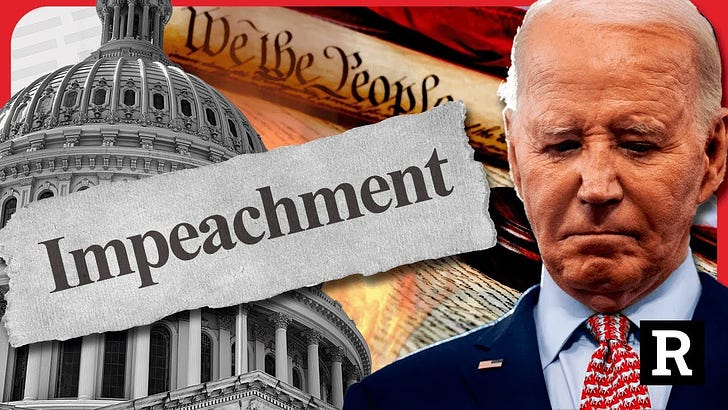


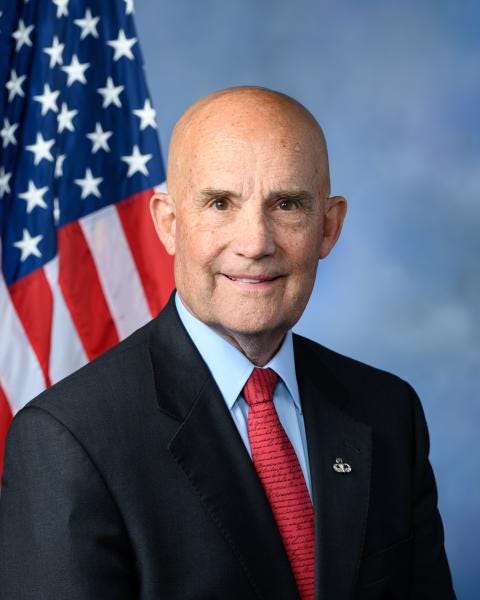

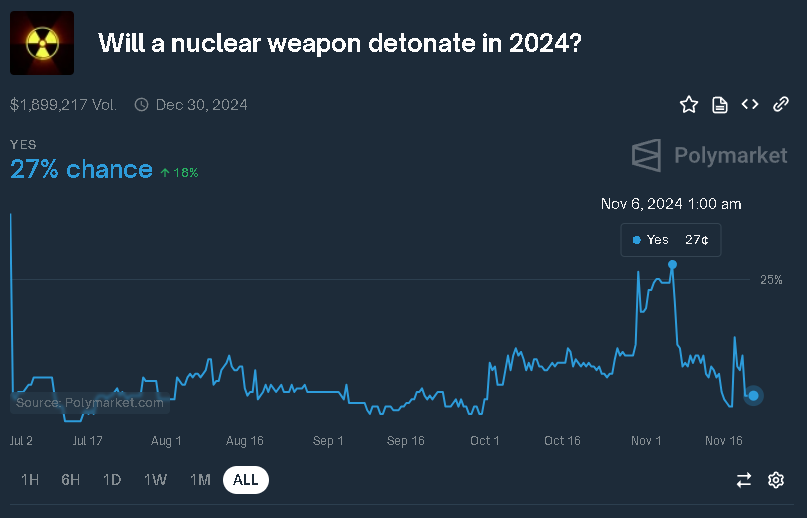
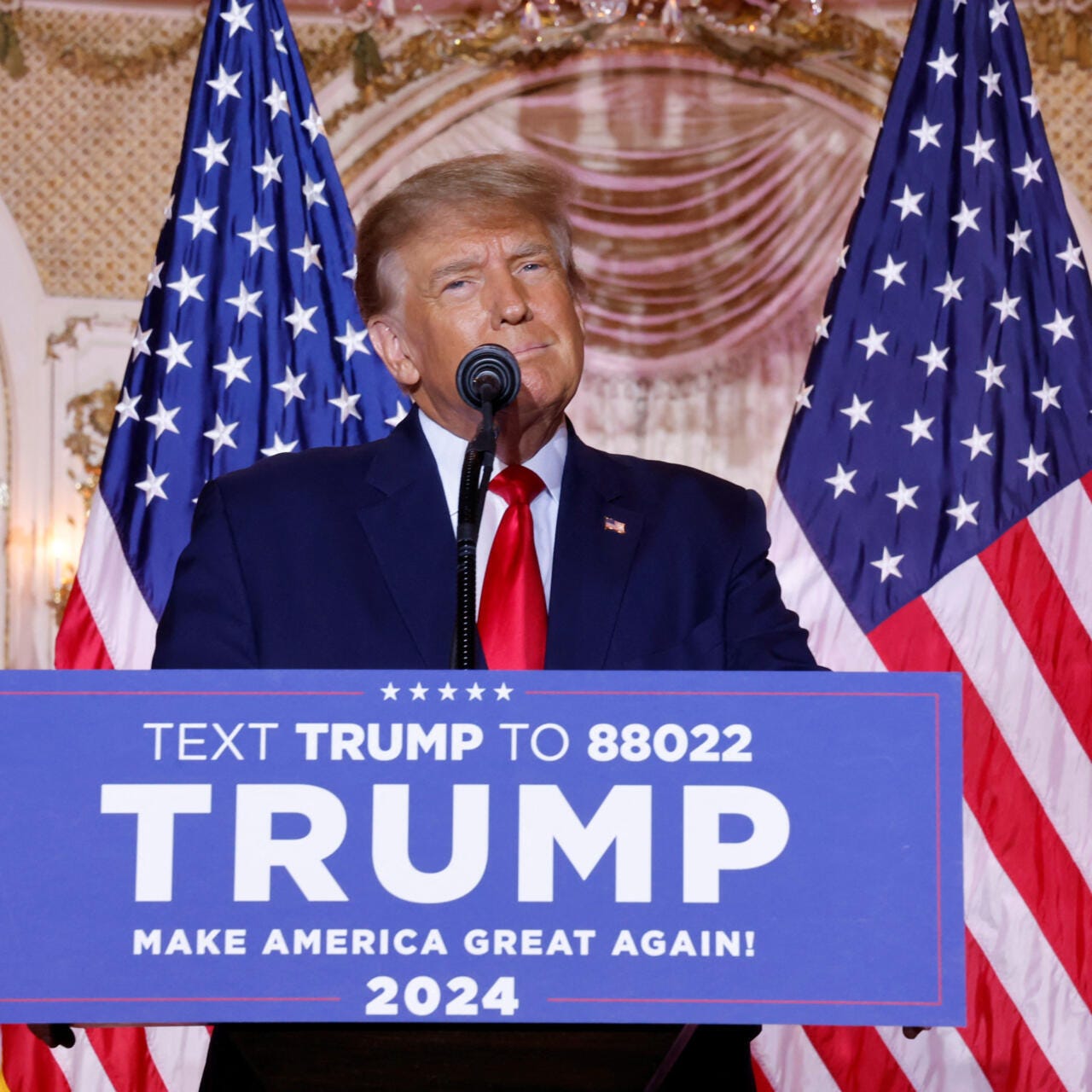
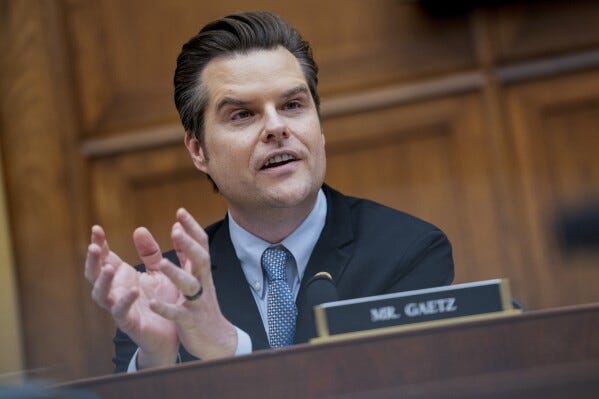

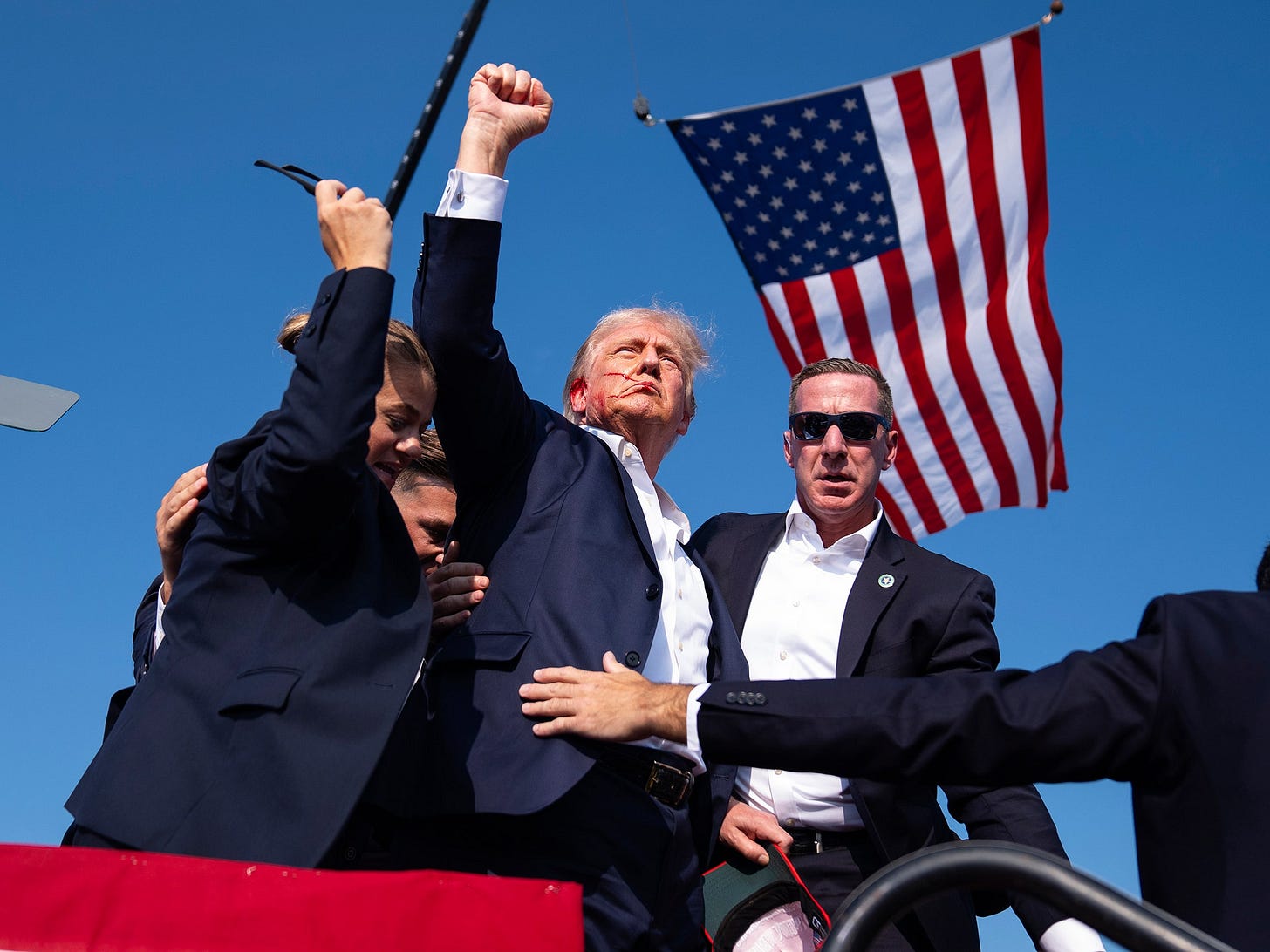
We're waiting for an update from Congressman Keith Self, on whether Biden met his deadline (yesterday) for a Briefing to him on what the heck gave him permission to declare war against Russia without Congress approval. Biden has increased the level of the crisis.